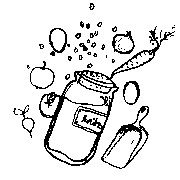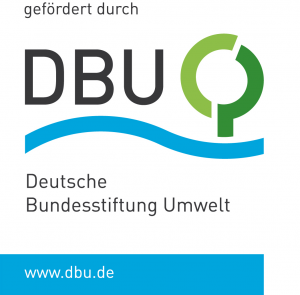“clever” – a case study

Anna is the head of communications of a three-member newly founded initiative called “clever”. This initiative sees itself as a sustainable entrepreneurial business.
“clever” offers unpackaged food so that customers can use their own containers to take home their purchases. A new store is opening soon, and Anna needs to communicate this event to the public. “This would be a good opportunity to educate people about the background of our initiative and how it differs from other supermarkets – it could also encourage others to launch similar sustainability marketing projects!” thinks Anna. She contacts some media representatives and manages to get the local newspaper to publish a short news item. Anna is thrilled that the local newspaper will reach many people in the region who have shown little interest in unpackaged shopping and might be won over. That very evening, she receives a draft text from the editors. After reading it, Anna is disappointed – she would have liked a much livelier article. Anna decides to take matters into her own hands and use storytelling to create a story that conveys the underlying sustainability ideas behind food and packaging to customers in a more appealing way.
Before you start with the first module, find out more about the sales concept “clever” and what sustainable entrepreneurial businesses are and what sustainable consumption means.

![]() This work is licensed under a Creative Commons Attribution-NonCommercial-ShareAlike 4.0 International License
This work is licensed under a Creative Commons Attribution-NonCommercial-ShareAlike 4.0 International License

